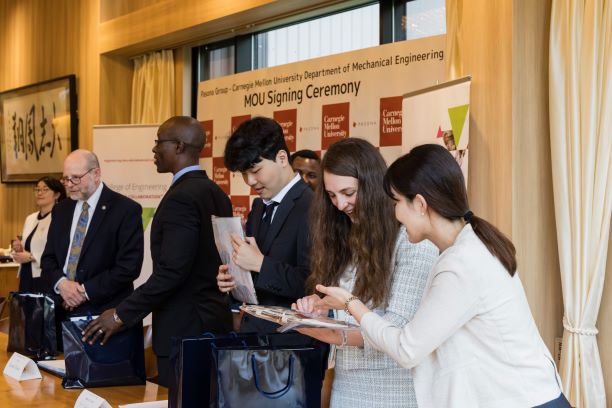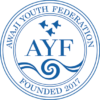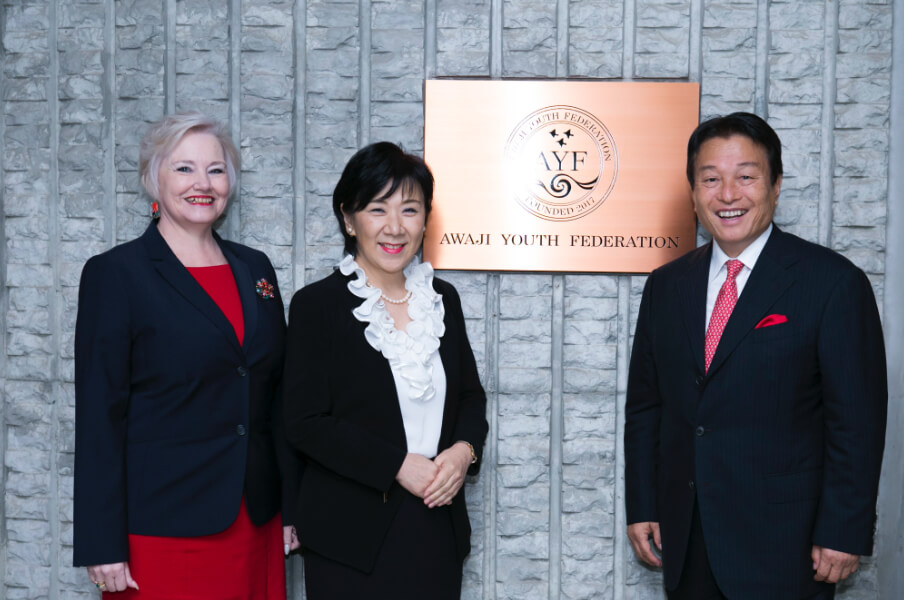Turn Your Imagination
Into Innovation
Apply for a 9 months, fully funded Fellowship Program in Awaji Island, Japan, designed to create a community of professionals that work on social challenges in today’s Japan and the World.
Bringing positive change to Awaji Island and the World
The AYF Fellowship is designed to nurture global talent and create a diverse community of passionate young professionals bringing innovative new ideas to a rich rural environment on Awaji Island, Japan.
We gather some of the best talent in the World to create outstanding projects around regional revitalization, innovation, art and event creation.
Learn more about the AYF Philosophy from our founder Mr. Yasuyuki Nambu, Group CEO, Pasona Group, and discover the diverse range of experience that our eminent leadership team has to offer.
The AYF Fellowship Experience
The AYF Program is a working fellowship providing selected fellows with a platform to develop and realise their project plans and ideas in line with the broader corporate vision of the Pasona Group to establish Awaji Island as a global hub for Innovation, the Arts and Culture, Wellness and Regional Revitalization.
Fellows also receive lectures from top senior talent to understand the Japanese business environment enabling them to execute their projects more effectively in today’s Japan.
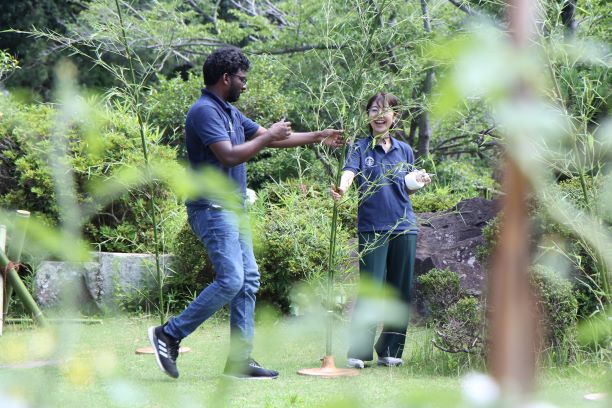
Real World Experience
Work and support the ongoing projects at Pasona Group and gain hands-on experience in project management, problem-solving, and decision-making.
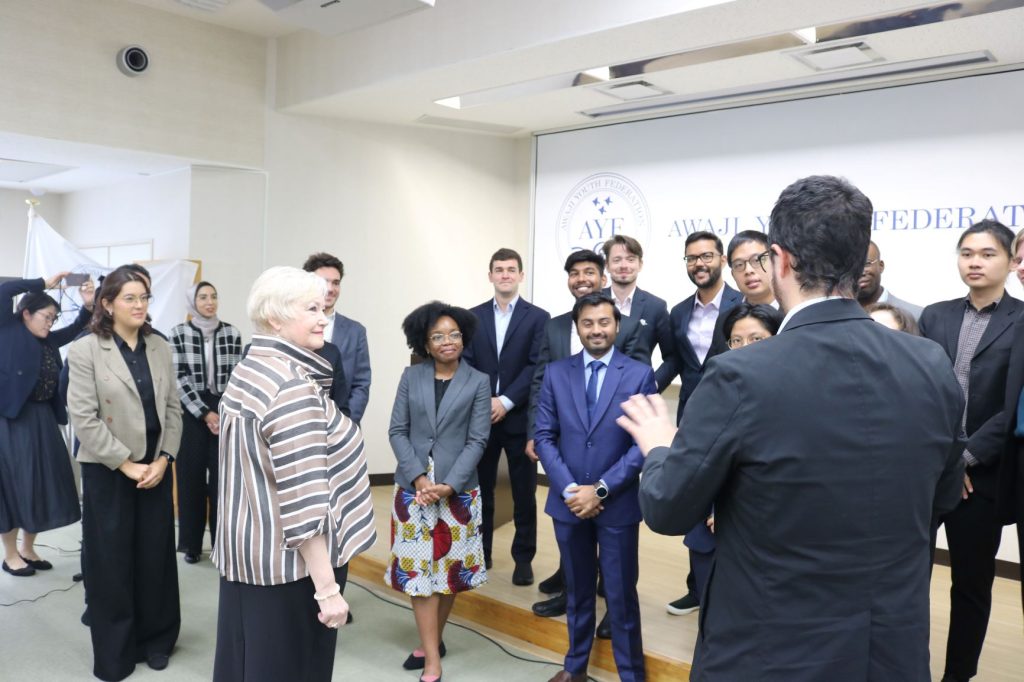
Global Networking
Access to a network of experienced business leaders as well as cultural exchange and networking opportunities with passionate Fellows from around the world.
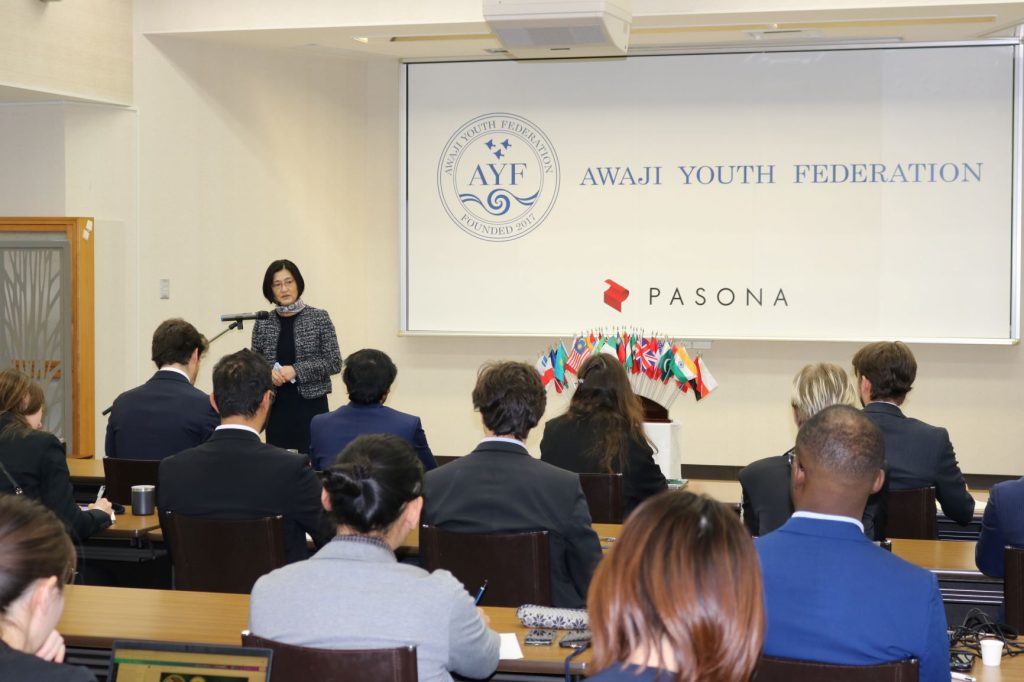
New Idea Creation
Propose and prototype ideas for new projects with access to necessary resources and expertise to turn ideas into successful ventures. Get the chance to present and pitch your ideas directly to the company’s CEO.
